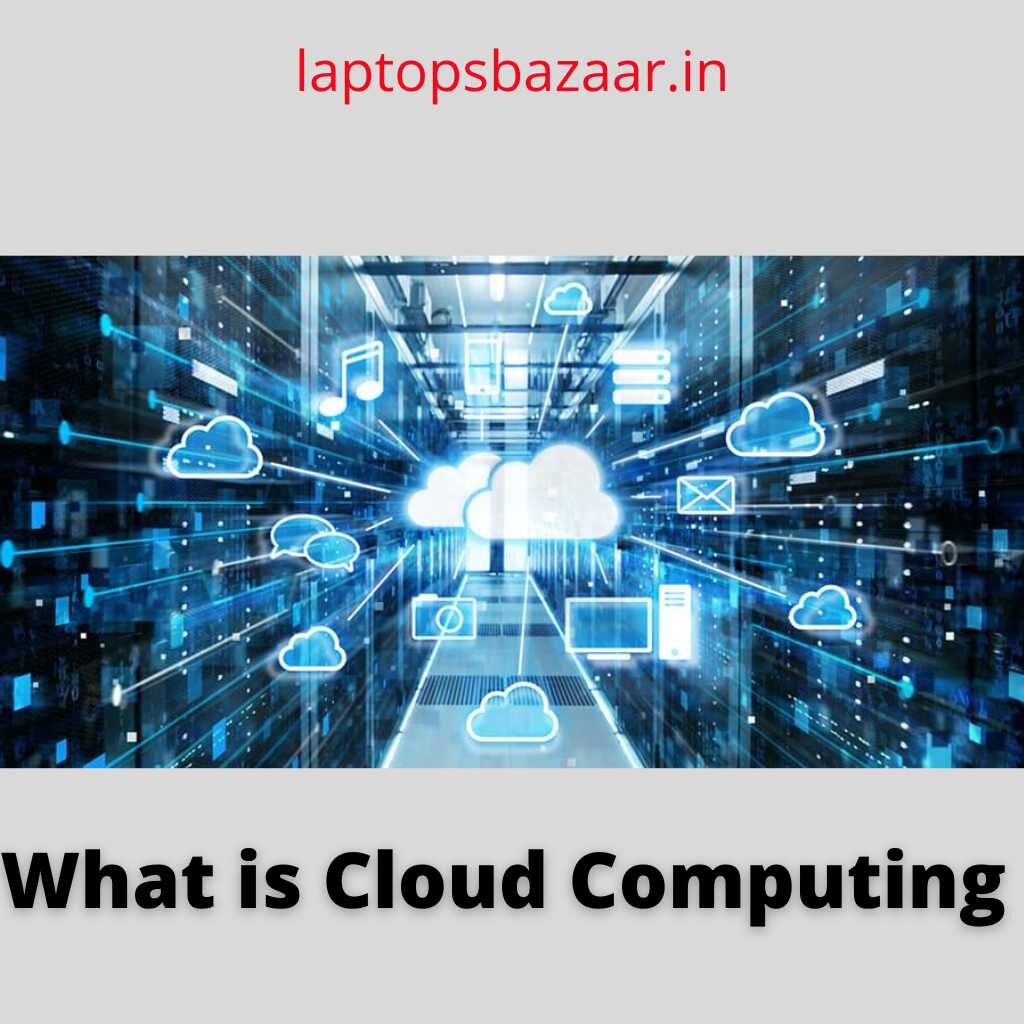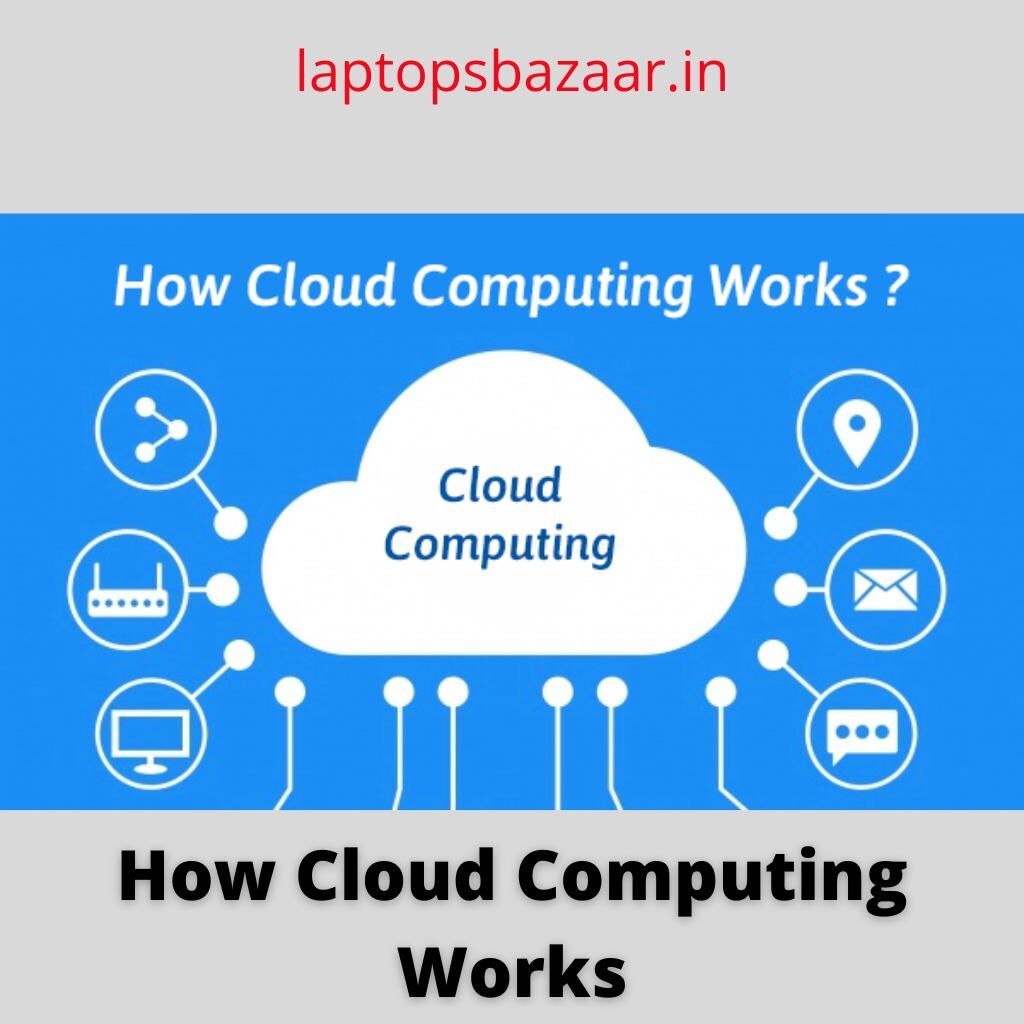
Cloud Computing is a newer technology slowly replacing older, more traditional forms of computing.
With this, businesses can access their data and applications from any location and device.
This flexibility is impossible with older forms of computing, which can be expensive and inflexible.
[In addition, you can also learn – Which Factors have made Edge Computing Cheaper and Easier]
 It is an internet-based computing that provides shared computer processing resources and data to computers and other devices on demand.
It is an internet-based computing that provides shared computer processing resources and data to computers and other devices on demand.
It is a model that enables ubiquitous, convenient, on-demand network access to a shared pool of configurable computing resources (e.g., networks, servers, storage, applications, and services).
This can be done without human interaction with each service provider.
It is often confused with virtualization because they share some common characteristics.
In general, it can be thought of as a way to deliver IT as a Service (ITaaS), where all aspects of traditional IT—from servers and storage to databases and applications—are delivered as on-demand, pay-as-you-go services.
With this, businesses no longer need to make large upfront investments in hardware and software; instead, they can pay for what they use monthly or even hourly.
While virtualization is one way to implement cloud computing, it’s not the only way.
For example, you could use containers instead of virtual machines to run your applications in the cloud. Or you could use a serverless architecture, where each function is executed.
My other Recent Reviews
- 10 Best Laptops Under 50000 in India 2024: Best Picks 2024 2024-06-04
- How To Disable Quick Heal Antivirus In Windows 10 2024-06-04
- What is the Speed of Computer Measured In 2024-06-03
- How To Shut Down Lenovo Laptop 2024-06-03
- How To Connect Jio Phone To Laptop 2022-10-19
The Benefits Of Cloud Computing
Many benefits make it an attractive option for businesses and organizations.
Perhaps the most appealing benefit is its scalability; it can be scaled up or down as needed, making it a very flexible solution.
Additionally, it is very cost-effective as it eliminates the need for expensive hardware and software licenses. And because it is a pay-as-you-go model, you only pay for what you use.
Another significant benefit of it is its reliability. When you entrust your data to a reputable cloud provider, you can be confident that it will be well-protected and available when needed.
Their providers have invested heavily in securing their data centres and ensuring uptime.
Finally, it is highly convenient as it gives you the ability to access your data and applications anywhere in the world and at any time.
And with mobile apps, you can even access them on the go.
The Drawbacks Of Cloud Computing
Businesses should be aware of a few potential drawbacks before making the switch.
One of the biggest potential drawbacks is security.
Because data is stored off-site on servers owned by the cloud provider, there is a risk that it could be hacked or stolen, and there have also been several high-profile data breaches in recent years, so this is a valid concern.
Another potential drawback is that businesses may not have as much control over their data as they would if it was stored on-site.
This can be an issue if businesses need to comply with specific regulations regarding data storage and access.
At last, it can be expensive depending on the size and needs of a business, and it may not be cost-effective to switch to a cloud-based solution.
Will AI Replace Cloud Computing?
 It became one of the most popular methods for storing and accessing data, but could it be replaced by Artificial Intelligence (AI)?
It became one of the most popular methods for storing and accessing data, but could it be replaced by Artificial Intelligence (AI)?
There are a number of benefits of using cloud computing, but AI is also becoming more prevalent and could offer advantages over cloud computing.
For example, AI can help automate tasks currently done manually by employees, such as data entry.
This helps to free up some time for employees to do other tasks and improve efficiency.
Additionally, AI can offer more personalized service than cloud computing by providing recommendations based on a person’s preferences.
So far, AI is unable to replace cloud computing completely, but it is becoming more common in businesses.
It will be interesting how these two technologies develop in the future and if one will eventually replace the other.
How Will Cloud Computing Change The Future?
It’s a hot topic in tech, and it’s only getting hotter. Many believe that cloud computing will replace traditional computing, but how will it change the future?
Here are a few ways:
- Increased flexibility and scalability: With cloud computing, businesses can scale their IT infrastructure up or down as needed without investing in extra hardware. This gives them much more flexibility than traditional IT infrastructure.
- Pay as you go: With traditional IT infrastructure, businesses must pay for all the hardware and software upfront, even if they don’t use it all. With this, businesses only pay for the resources they use, saving them a lot of money.
- Improved disaster recovery: Disaster recovery is always a concern for businesses, but this makes it easier and less expensive to recover lost data and applications.
- Increased collaboration: Cloud-based applications and storage make it easier for employees to collaborate on projects from anywhere in the world.
Conclusion
Cloud computing has become the preferred choice for businesses and individuals seeking an efficient, cost-effective way to store and access data.
As cloud storage and computing continue to evolve, they are likely to replace even more traditional data storage and processing methods.
Investing in cloud-based solutions is smart for businesses and individuals looking to stay ahead of the curve.
Note: The below product recommendation is purely based on my particular opinion, and it does not produce to promote any individual products.




Be the first to comment